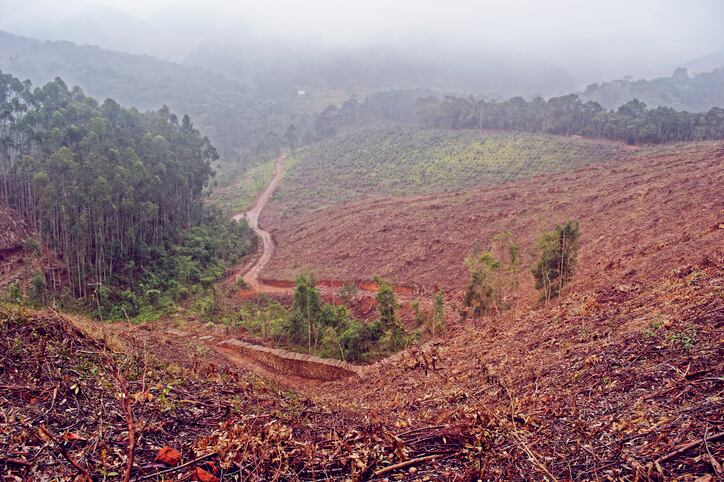The EU and Mercosur – a trading bloc that includes Brazil, Argentina, Uruguay and Paraguay - concluded a two decade-long negotiation, approving a provisional agreement in June that grants preferential tariffs and terms for the entry of goods into both markets. Prior to approval, a coalition of over 340 civil society organizations called for an immediate halt to negotiations over Brazilian deforestation, a practice linked to beef and soybean exports.
SumOfUs commissioned an independent poll, conducted online by YouGov between 13-25 September 2019, asking European consumers to weigh in on the deal and the impact on the cost of beef in the EU and deforestation in the Amazon. Opposition ranged from 89% in France, 88% in Austria, 80% in Ireland, 80% in Germany, 79% in Belgium, to 78% in Spain.
“This poll proves that the vast majority of Europeans feel the same way: people don’t want cheaper beef at the cost of deforestation. The results of this poll should further encourage these governments to reject this trade deal that would be disastrous for people and the planet,” said David Norton, trade campaigns coordinator at SumOfUs.
European leaders react
Although the agreement includes chapters on sustainable management, the rights of indigenous communities and deforestation prevention, Brazilian President Jair Bolsonaro’s massive roll back of environmental protections have raised alarm with European leaders.
In September, Austria’s parliament rejected the trade deal because of concerns about climate protection, workers' rights and adverse effects on domestic product standards and farming sectors. In Germany, a powerful environmental movement and public petitions are pushing for non-ratification. France, Ireland, Luxembourg and Slovakia have also threatened to block the deal in its current form.
“We can’t sign a trade treaty with a country that doesn’t respect the Amazon forest, that doesn’t respect the Paris (climate) treaty. France will not sign the Mercosur deal under these conditions,” France’s environment minister Elisabeth Borne told BFM TV on Tuesday.
The trade deal could be concluded as soon as end 2020 but must first be ratified by the parliaments of all EU Member States, which may use ratification to pressure Brazil into complying with its environmental commitments.
The EU-Mercosur deal
Proponents have hailed the agreement as an unprecedented opportunity for the expansion of goods into both markets. It covers specific issues such as tariffs, technical barriers, intellectual property, food safety standards and sustainable development.
Should it be ratified, EU tariffs on goods including beef, poultry and sugar would be progressively cut, while Mercosur agreed to save EU companies in the industrial and agri-food sectors €4 billion in duties a year and simplify export procedures for cars, machinery, chemicals, pharmaceuticals and food products.
The Brazilian Food Industry Association (ABIA) told Food Navigator-Latam that it does not support environmentally damaging activities and takes strict measures to ensure that its suppliers comply with laws to avoid damage such as deforestation.
“We believe that the European Union is aware of all the sustainable factors and policies that are being developed in the country and that the Trade Agreement has continuity, benefiting the economy of both regions,” an ABIA spokesperson said.


